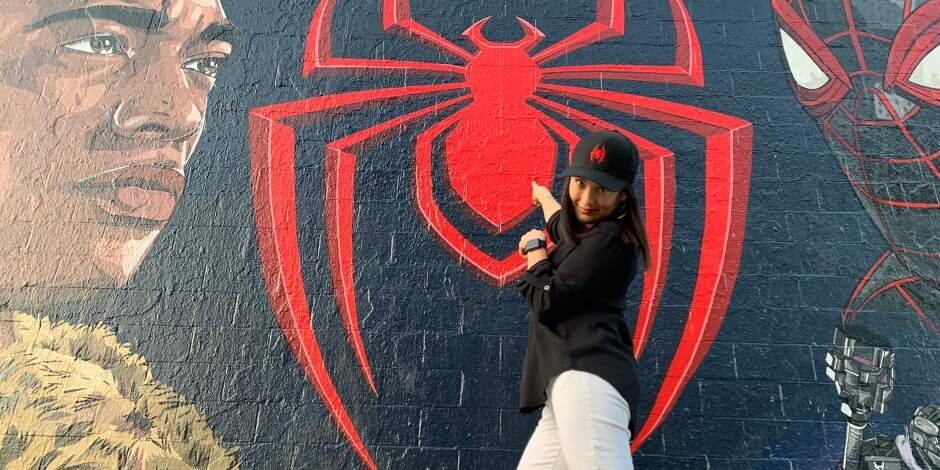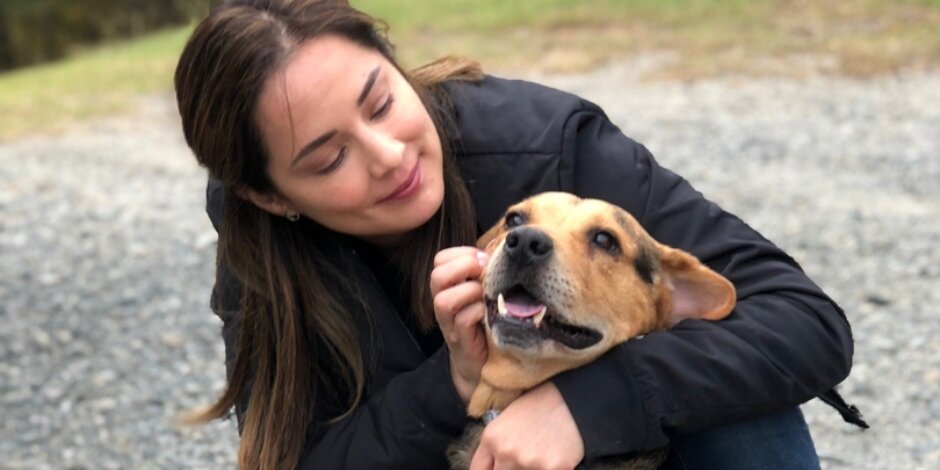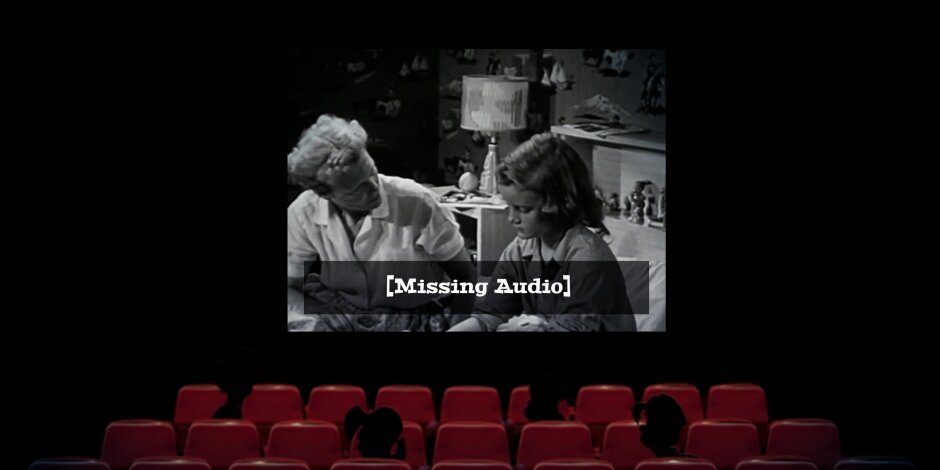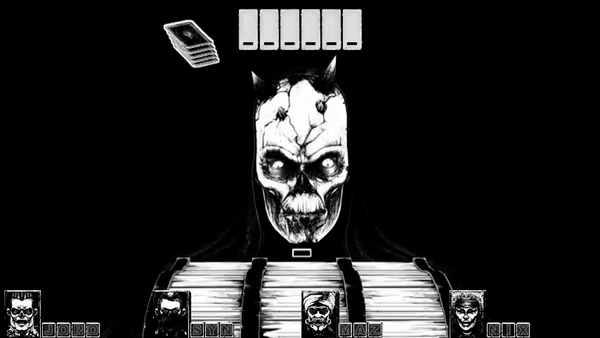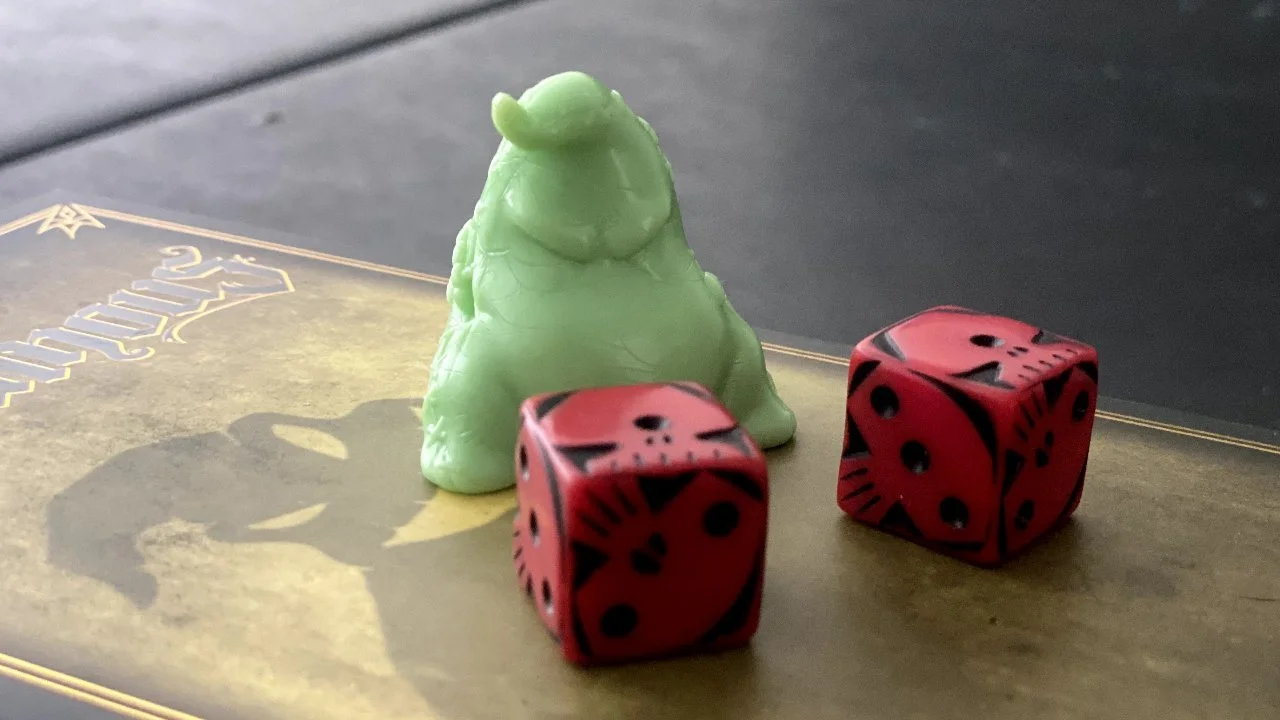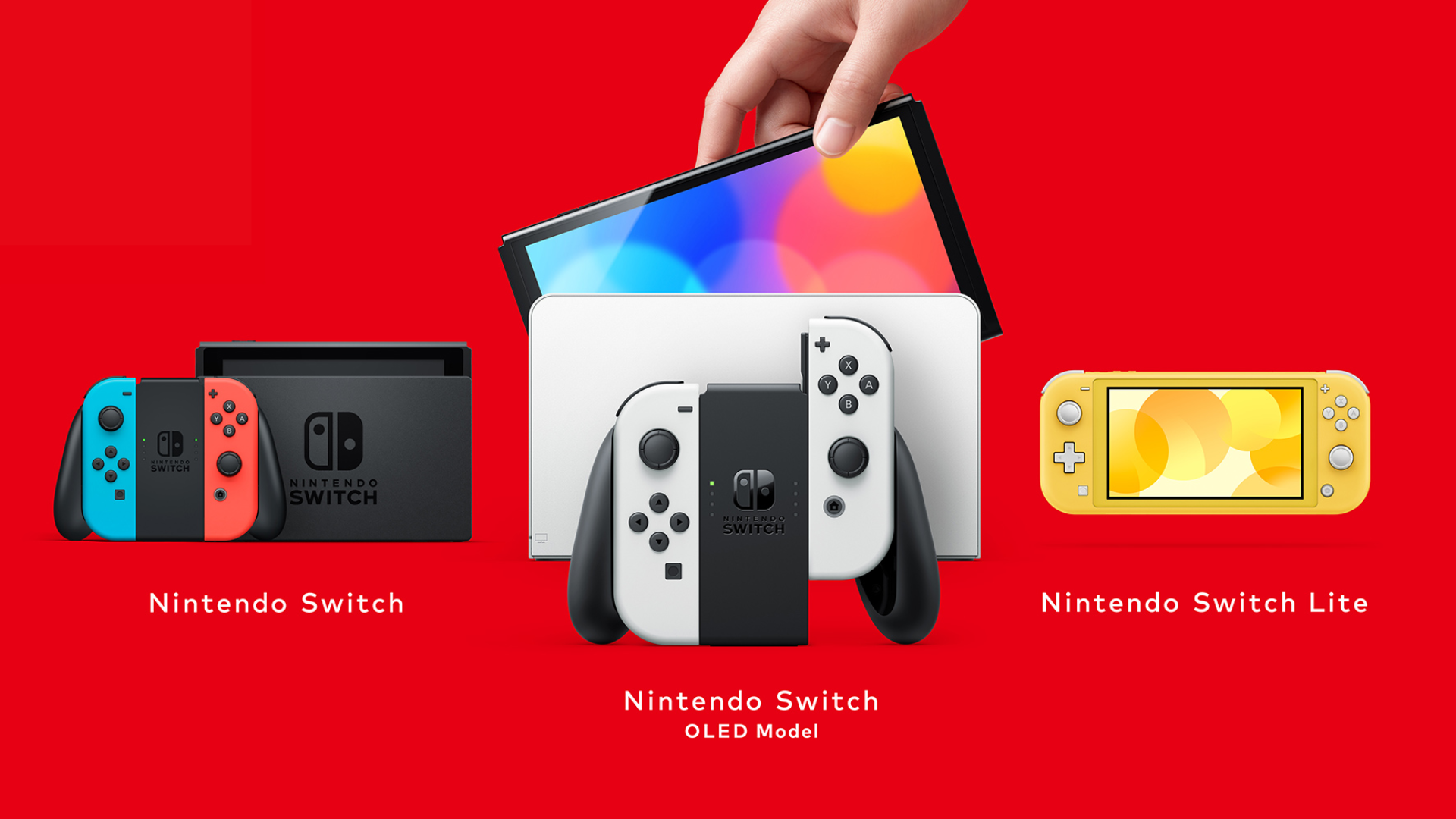The latest superhero game, Marvel’s Spider-Man: Miles Morales has been a fan favorite over this holiday season by continuing the greatness of the first game while making some new changes. The story focused on Miles’ grasp of becoming the new Spidey in town. I played it and absolutely fell in love with everything that the story had to say. One of the strongest story points was Miles’ mother Rio’s fight on the political side.
Her battle was to bring out a voice for her community and all of those within it that were being cast aside by her city and the evil corporation known as, Roxxon. I had the great pleasure of getting the chance of speaking to Rio Morales herself, Jacqueline Pinol, just last week. I asked her my burning questions about her character, the impact, and what she’s doing in the real world to give a voice to those who don’t have their own. She proves that she’s just as much a leader in the real world as she is in Marvel’s.
Here’s the full conversation below! (Edited for clarity)
Nate - First of all, how have you been keeping yourself busy during this pandemic?
Jacqueline - I’ve got to be honest, it was such a shock. You realize, “oh my gosh, this is happening everywhere. It’s not just my city or my state, this is everyone in the world”. It was a little daunting. I think that there’s a part of you that becomes numb in order to deal with it on a daily basis. The second part is that you kind of wake up to the fact that you have all of this time to spend with your family now. My husband and I figured out that now we have time to do all of those things we could never make time to do before. It’s been quite a year and the release of this game was such a bright light in our lives. It was like this piece of normalcy returning to our lives and something to celebrate on a professional level, so it’s been a nice little turn-around.
Nate - What’s been your reaction to all of the Game Of The Year award nominations that it’s received so far?
Jacqueline - It’s so exciting! I didn’t really know what to expect. I was completely floored because I had no idea that the reaction would be as big as it was. It’s beautiful, I was stunned.
Nate - How does it feel to be immortalized in Marvel’s history?
Jacqueline - I guess I didn’t think of it that way, but you’re right! I think it’s super exciting and the funny thing is, if my son was older I think I would feel that a little more. He’s so young and whenever we play it or put it on he’s like, “Spider-Man!”! Mommy’s just mommy. I guess he keeps me grounded. But it is pretty exciting and I think in the years to come I’ll look back and be like, “That is such a cool thing”.
Nate - How important was it for you to bring such an inspiring and strong Latina character to life in the Spider-Man universe, especially given today’s political climate?
Jacqueline - I think that was one of the most important things to me. I took on the role and really saw it as an opportunity to bring Rio to life with a lot of layers. I was lucky to be given wonderful writing. In the first game, I had several things to establish myself with Miles and his dad, Jefferson Davis. I felt like I was filming a movie. Over the months, the characters grow with you, you grow with the character, and you find new things. We shot a lot of the scenes way before Covid-19 so politically, a lot of things that happened in 2020 we kind of lived through in the game but didn’t see coming. So when it did, it was freaky and emotional. There were a couple of times we had to do stuff from home during the pandemic touching back on what we had filmed and all of us were talking amongst ourselves like “Wow, the writers are very in tune with whats going on in the world”, even though it hadn’t gotten to that point yet. I really love the sensibility they have to touch upon these subjects of being different. In America, if you’re Latino, African American, or Asian you’re looked at as different. The thing is, those differences that we have are what the country is made up of. It’s such a rich story with a lot of heart. I really wasn’t expecting that from a game but they really brought it.
Nate - Do you think that people of color are finally getting the proper representation that they deserve in games, television, and film, or do you think that there’s still a long road ahead?
Jacqueline - I think that doors have opened and I don’t think that it’s ever going to go backward. What’s exciting now is that the doors are now open, not just for those who are already in the industry but even those in politics or the financial district. They’re opening so that the younger generation won’t know anything different to a degree. You’ll learn about it in school during history but I hope that’s it. I even get messages on social media from all over the world in places like India, Japan, or the middle-east from these wonderful kids with big dreams. It’s so nice for me to tell them to go for it and don’t give up. Now we have more writers, directors, producers, and cameramen that all come from different backgrounds who bring themselves to the table. That’s part of why I think that there’s more representation.
Nate - What’s the biggest difference between doing motion capture work for a video game and something that’s live-action for TV or film?
Jacqueline - I think that filming for games is more challenging. It’s definitely harder for me as an actor. When you’re on a film or tv set, you have make-up and wardrobe and you get to experience everything as the character. With motion capture, we’re on a big stage and a lot of it is just our imagination. It’s not really there, it’s brought to life on the screen when the artists and art directors get our material that’s been filmed. We’re in motion capture suits with all of this equipment on our heads and bodies while we’re running or talking, trying to bring it all to life in our imaginations. Then cut to weeks or months later when we do it all over again in a voice-over studio. The challenge for me is keeping the timeline and the emotional line of the character consistent even though we were going back and forth. I was very good about keeping a journal. I just found it to be the best way to keep myself connected to how I felt 3 months ago emotionally as Rio when it came down to doing the vocal part. It’s all fragmented so that’s why when I see the final product I’m like, “Oh my gosh, they really did it”! They did it and made us look and sounds so great! I give so much credit to the animators and art directors because they really are true artists.
Nate - Are there any upcoming games that you’re going to be in with motion capture or voice work in the pipeline?
Jacqueline - Right now, I don’t have anything confirmed. With Covid-19, projects have been put on hold. I think that people feel more comfortable committing when things are a little more clear. Hopefully, something will come along. I love the medium of motion capture in games and I’ve also done other things in voice-over, so I stay positive. As an actor, come what may, you just keep going.
Nate - Regarding your documentary, The Canine Condition, has that been put on hold as well?
Jacqueline - We were going to launch our big Kickstarter for the post-production in March but look at what happened. What we’ve done in the meantime is prepared content to release on our Youtube channel. The exciting news is that I’ll be hosting a podcast for it. The theme lends itself to continue the conversation past the episodes. The Youtube series and podcast will launch in January and will both be called The Canine Condition. We didn’t want to wait any longer to commit to a studio or production company. We just want to get the message out. It wasn’t a project to make money, it was a project to get the word out so that people know that it’s important. I’m excited because the podcast will be a weekly thing and we’ll be releasing it towards the end of January.
Nate - Do you have a Youtube or podcast channel already setup?
Jacqueline - We are actually setting up the podcast channel next week but the Youtube channel is all set up as “The Canine Condition”. We also have Twitter, Facebook, and Instagram under the same name for people to check out. The series is not just for people who love or have dogs, it’s also for people who may not like dogs. We cover so many topics and it’s really more about humans because we create the canine condition. It covers stories from all over the United States and how we can improve dog homelessness in the country. Why it exists and how we can help it in our own communities or even our own personal bubbles. Sometimes people have problems or concerns about “man’s best friend” and we’re going to offer education and advice resources to direct people in the right direction and hopefully make a difference.
Nate - Is there anything else that I didn’t cover or something that you’d like to talk about?
Jacqueline - I think we covered everything. I’m really just happy about the game getting the recognition that it’s getting. It’s also really nice to see the media covering the part of there being multi-ethnic characters in the game to represent what the world is really like. It’s the biggest thing that excites me and it’s an emotional feeling to see the reaction of fans. With the political climate of the world right now, I think that being inclusive is what’s most important. Feeling like an equal, it’s a big thing.
This interview definitely highlighted how far not only representation in games have come, but the ongoing pursuit to make it the norm. I’m so very grateful for Jacqueline to take the time during the busy holiday season to sit down and answer some of the questions on my mind. You can check her out on Twitter or Instagram to stay up to date on everything she has going on in her life and future projects as well.
